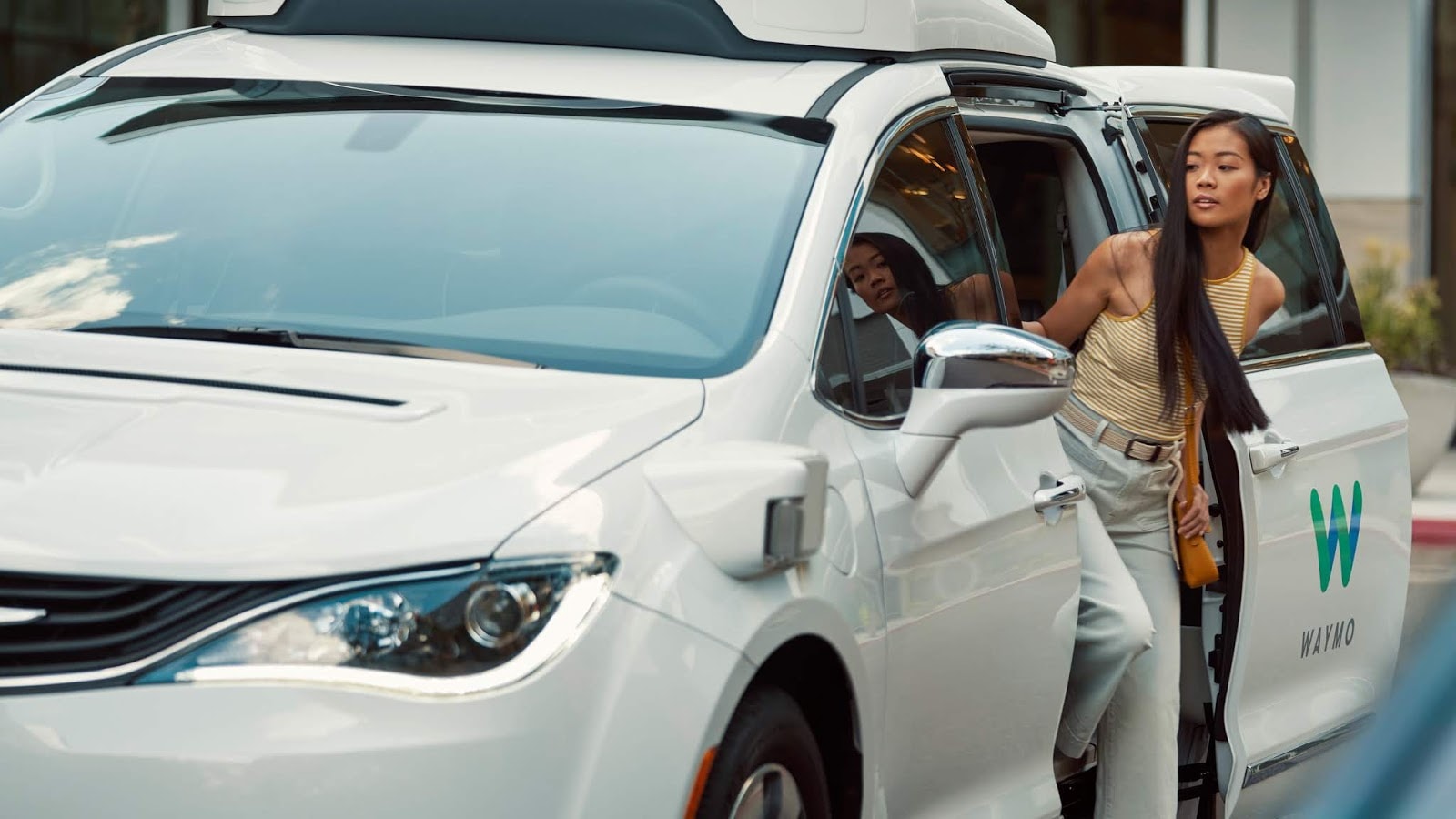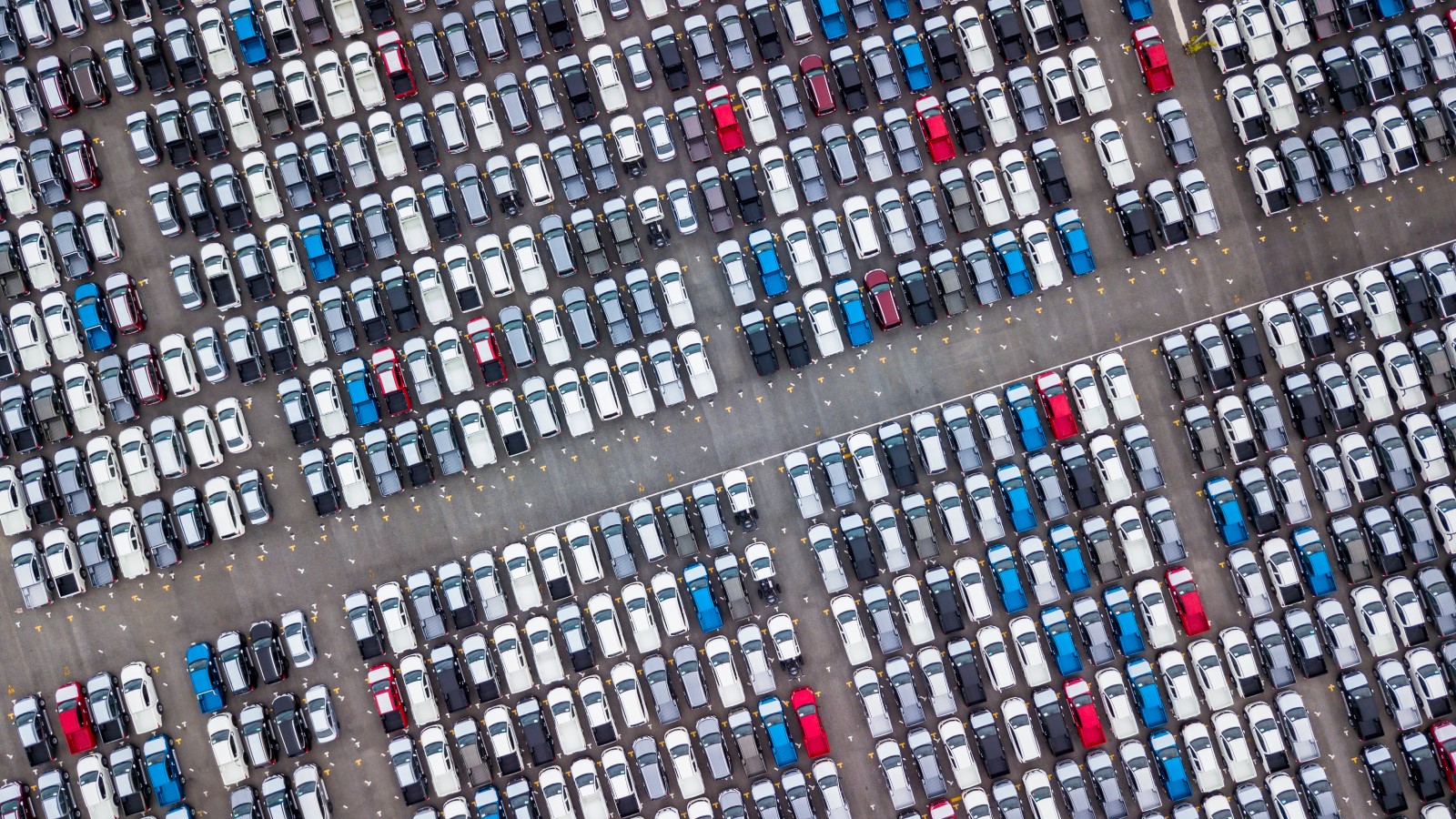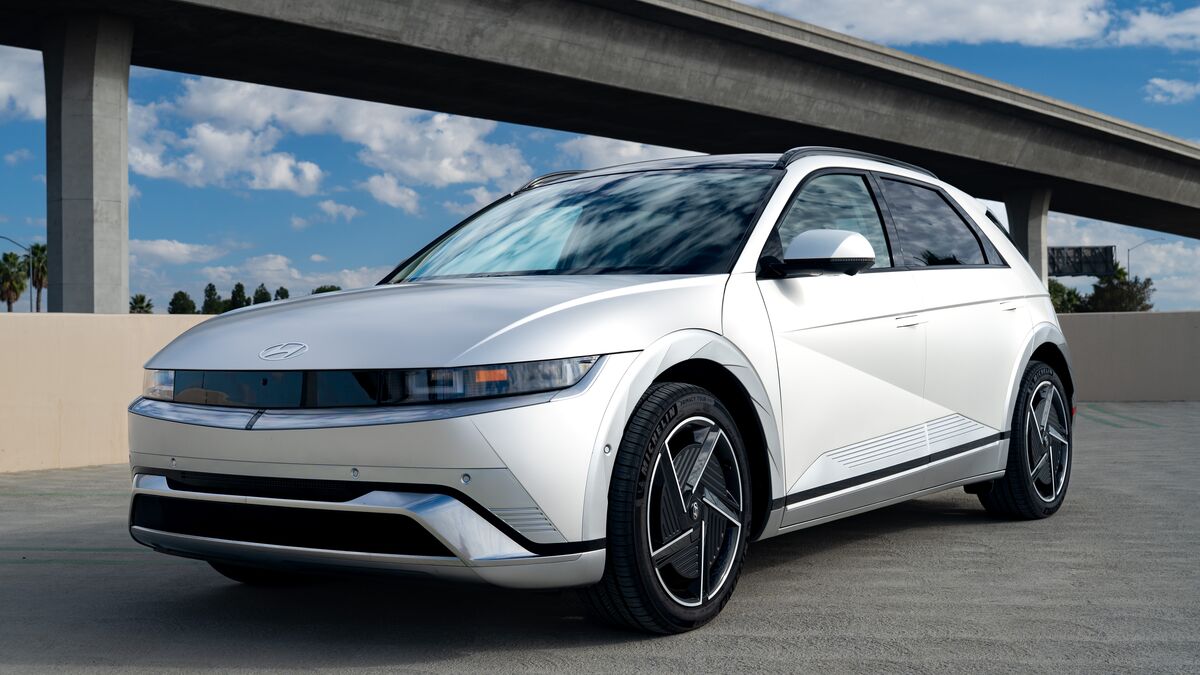Were Americans supposed to feel better about self-driving cars the closer the technology became to operational? That’s not how this is working out.
According to AAA’s latest survey on the question, more Americans distrust self-driving cars every year. Sixty-six percent say they fear the technology. Another 25% are uncertain about it.
Just 9% say they trust self-driving car technology.
As recently as 2021, 14% expressed trust, and just 54% expressed fear.
The State of ‘Self-Driving’
There are no cars for sale anywhere in the United States that can drive themselves.
The closest any company has come remains limited. Mercedes now sells a system legal in just two states (California and Nevada) that lets drivers take their hands off the wheel and look away from the road under limited conditions on certain highways, in daylight, under 40 mph.
Most automakers sell systems that require the driver to remain constantly alert and ready to take over.
Automakers sell them with misleading names — Tesla’s “Full Self-Driving Capability” being the most blatant example — that implies they’re more capable than they are. But they can’t get you where you’re going while you do something else in the car.
Few Americans seem to understand that. AAA found that “four in 10 drivers are unsure or think they can buy a car that drives itself while they sleep.”
AAA’s Study
AAA surveyed 1,010 American adults about their attitudes toward self-driving technology. The agency says the sample represents the thoughts of “approximately 97% of the U.S. household population.”
While respondents were extremely skeptical of the idea of self-driving cars, they expressed more trust in the separate safety systems automakers are developing as they pursue general autonomy.
“Almost two-thirds of U.S. drivers would want Reverse Automatic Emergency Braking (65%), Automatic Emergency Braking (63%), or Lane Keeping Assistance (62%) on their next vehicle,” AAA says.
Those technologies have not proved very reliable in AAA testing. In a recent round of testing, AAA researchers found that reverse automatic emergency braking prevented a collision with another car in just one of 40 scenarios. Reverse automatic braking systems avoided hitting a stationary child behind the car just half the time.
The agency’s tests have also shown the systems ineffective at the speeds drivers most often travel.








